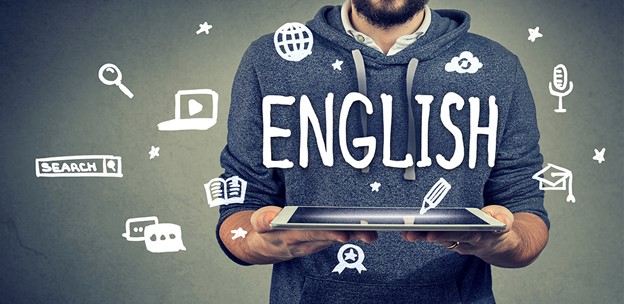The Internet makes it easy to study English at home. You can practice reading with new articles, practice listening with podcasts, and practice writing on social media. But what about talking? How do you learn to speak English? Talking online? The answer is yes!” Here are three easy ways to improve your command of English […]
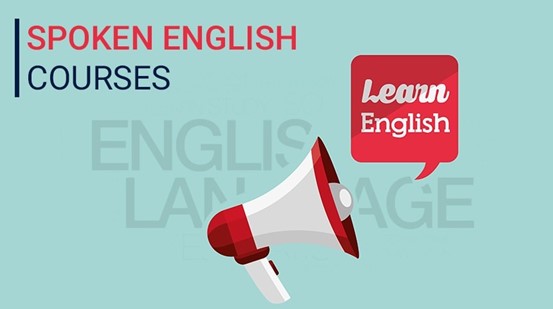
How Upskilling With Spoken English Makes Me Better At My Current Job
The world has gone global. The market is no longer limited to just one country. Nowadays, every individual needs to have a command of the English language. This is because, in order to be successful in the current job market, one needs to have reasonable control over spoken English. “UPSKILLING IS A NEW WAY TO […]
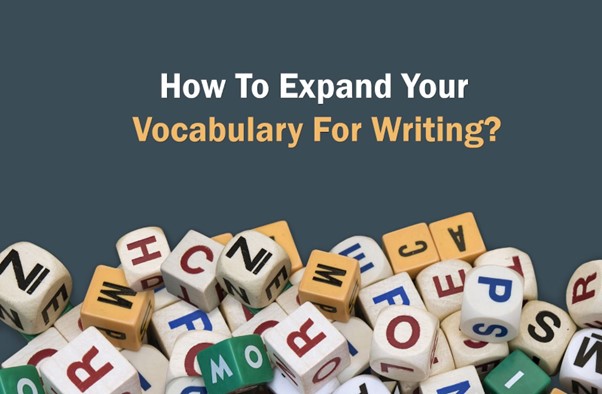
How To Expand Your Vocabulary For Writing?
Language is a powerful technique that can help you get ahead and live your dream. If you want someone to listen to you and agree with you, you must possess excellent command over your writing and speaking skills. If you want to connect with the audience correctly, you should have confidence in your language that […]

8 Effective Ways to Improve Your Vocabulary
Here are some of the most effective ways to improve your English vocabulary. Read books Read online. Watch videos. Try and speak with people. Use the dictionary. Set goals. Use vocabulary books with different topics. Be consistent. 1. Read Books This is one of the best ways to improve your vocabulary and in some ways […]
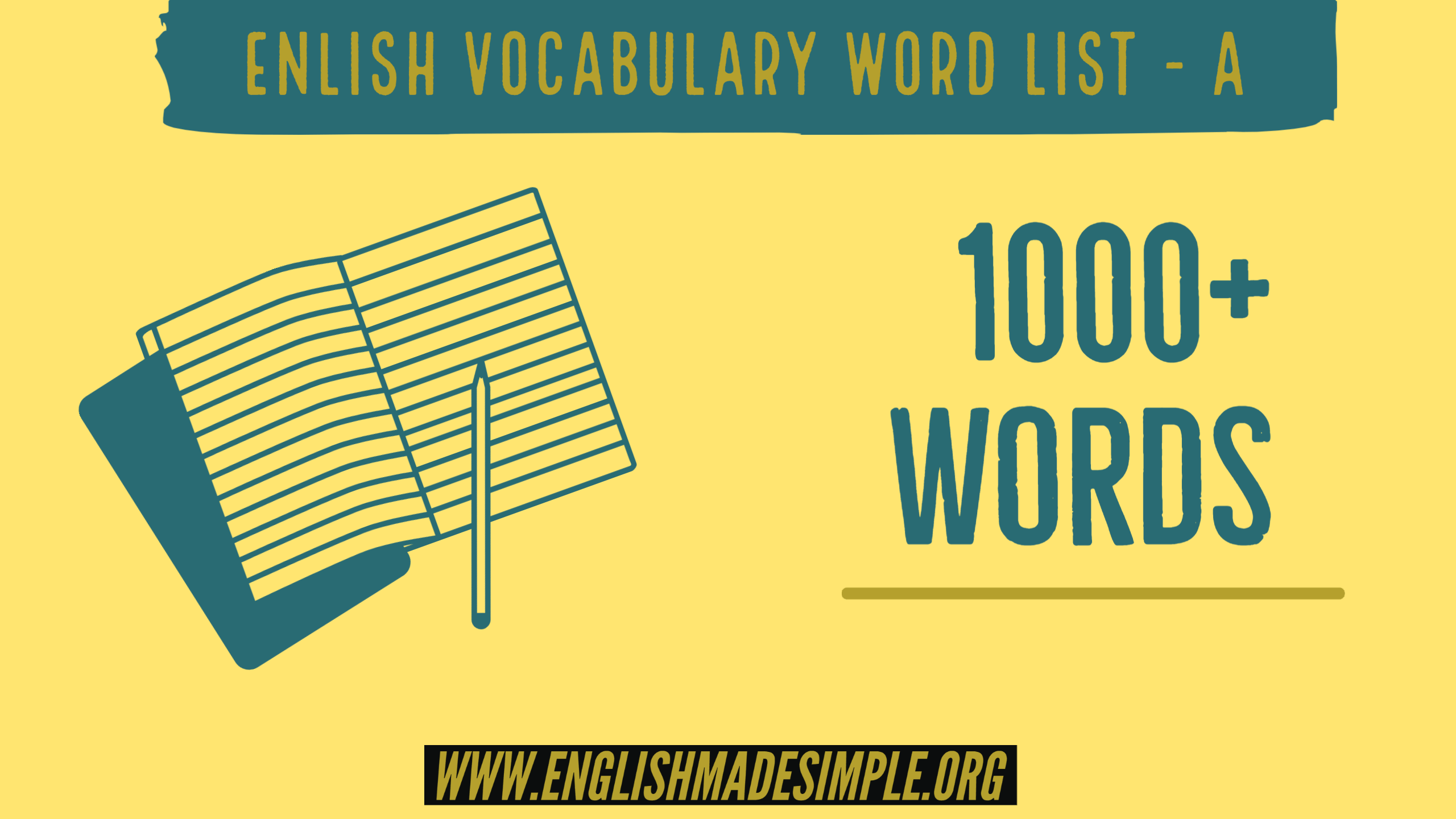
words starts with a – English Vocabulary List starts with a
In this Blog we will add More than 1000 Words that starts with a. [table id=1 /] [table id=2 /] [table id=3 /] [table id=4 /] [table id=5 /] [table id=6 /] [table id=7 /] [table id=8 /] [table id=9 /] [table id=10 /]
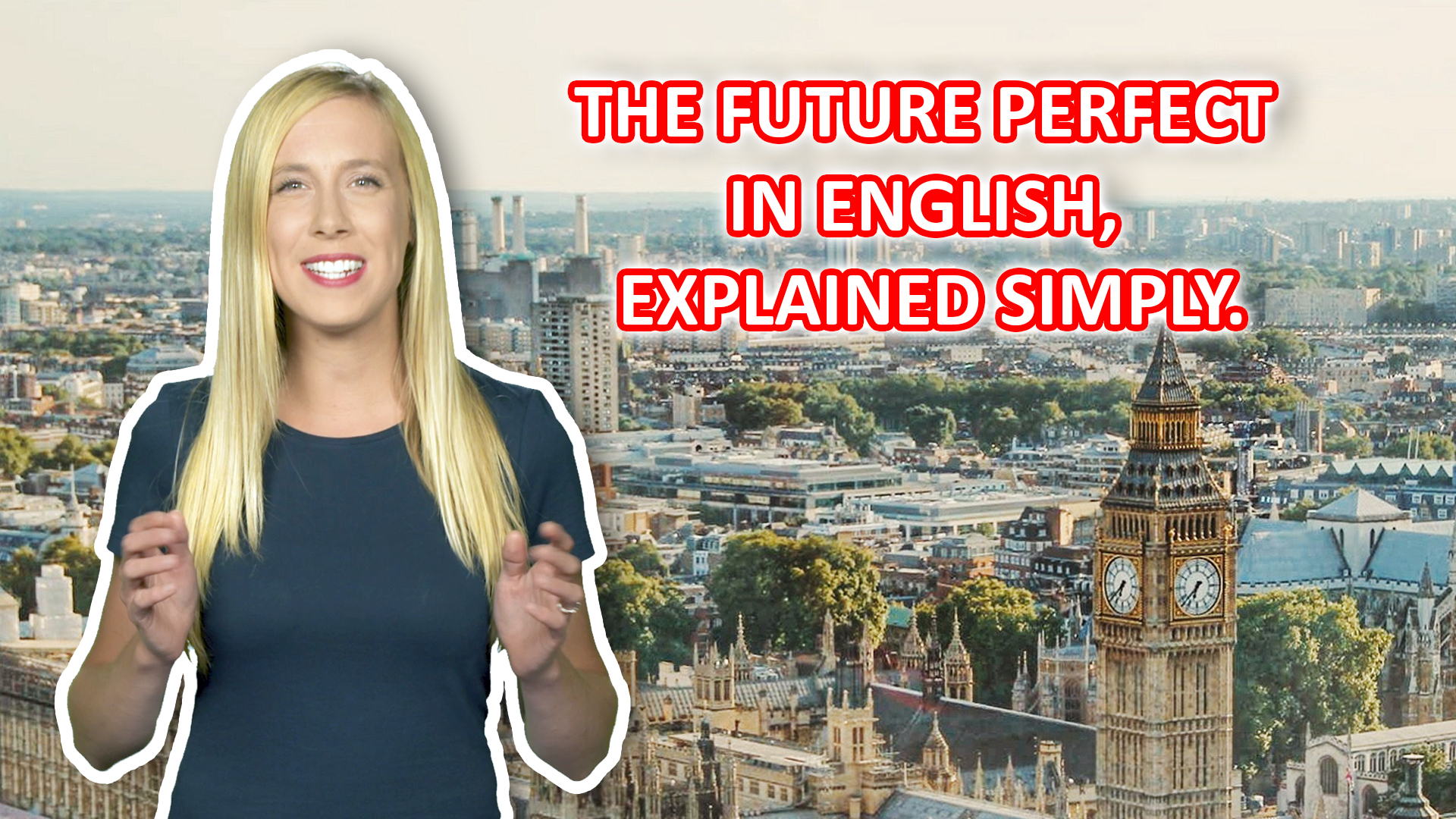
The future perfect in English.
The future perfect is one of the four main future tenses of the English language along with the future simple, future continuous and future perfect continuous. We use will have + past participle to form it, so for instance “will have eaten” “will have seen“ “will have driven“ “will have spoken” and so on. When […]
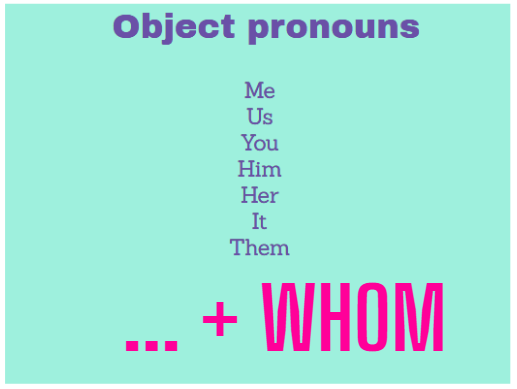
The difference between who and whom.
The difference between who and whom may seem a little bit difficult but it is actually quite easy and simple. However first of all let’s start off with understanding what type of words these two words are. So let’s begin by looking at ‘who’. What type of word is ‘who’? Who can be a relative […]
Importance of Reading Newspapers for Students
Reading newspapers is important for students learning a foreign language including English. In this article we will look at some of the benefits. 1. Expanding vocabulary. When you read a newspaper article you will inevitably see new words and phrases e.g. phrasal verbs that you may not understand. This is good because after seeing […]

Sentences with whose
Sentences with whose ‘Whose’ is used to indicate that something belongs to someone. It is different to ‘who’s’. ‘Who’s’ is two words joined together. ‘Who’ + ‘is’ to make ‘Who’s’. We use it to talk about the person doing an action. Here is a list of 25 sentences with whose. Whose pen is this? Whose […]
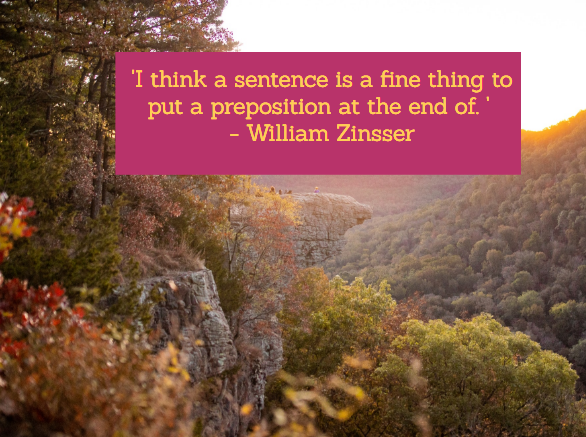
Ending a sentence with a preposition?
Ending a sentence with a preposition. Many people have been taught that it is grammatically wrong to end a sentence with a preposition. This is actually incorrect. In this article we will provide examples. Some times you must end the sentence with a preposition. Who did you go with? Why did you do that for? […]

